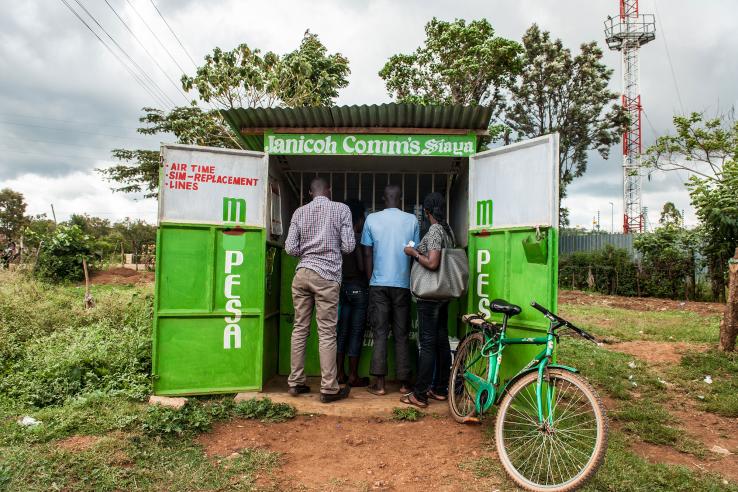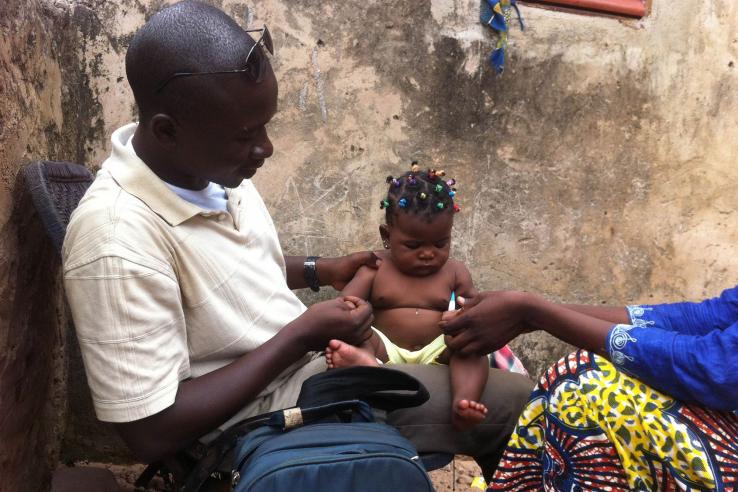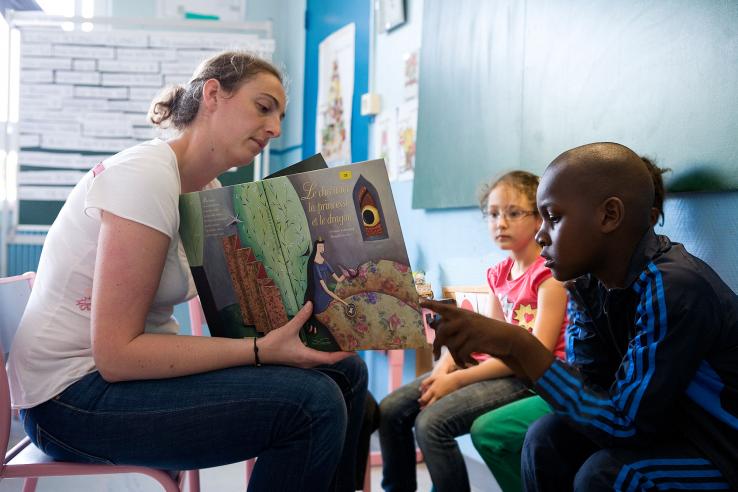Displaying 1876 - 1890 of 8467
Resource
Basic page
Resource
Basic page
Resource
Basic page
Resource
Basic page
Resource
Basic page
Resource
Basic page
Resource
Basic page
The J-PAL Africa research team conducts randomized evaluations on social programs and policies in South Africa. We have hubs in Cape Town and Johannesburg, and work in partnership with local and international researchers, government bodies and NGOs across South Africa. Our work covers a wide variety...
Update
J-PAL Updates
As Earth Day approaches on April 22, we're highlighting J-PAL affiliated professors' 38 studies within our dedicated Environment & Energy sector. Researchers in the J-PAL network have shown that randomized evaluations have the potential to provide key policy insights, from industrial pollution...
Update
J-PAL Updates
Update
J-PAL Updates
Read a new policy bulletin summarizing results from seventeen evaluations of charter schools, learn how evidence helped scale unconditional cash transfers to reach over 60,000 households in east Africa, and more.
Update
J-PAL Updates
The United Nations World Food Programme (WFP) and J-PAL Africa are partnering on a program to promote children’s health in Moyamba district, one of the districts in Sierra Leone most affected by chronic malnutrition.
Update
J-PAL Updates
Is a policy shown to be successful in one place likely to succeed in another? How can cognitive behavioral therapy help solve crime and violence? Learn answers to these and other questions in our June newsletter.
Update
J-PAL Updates
Hear from some of the 7,000 MicroMasters students on their experience with the program, learn about upcoming research in crime and violence prevention, and more in our July newsletter.
Update
J-PAL Updates
Dive into J-PAL affiliates' research in education in this issue of the newsletter. Learn how J-PAL Africa is helping scale up an education program in Zambia, read up on the research on school enrollment and attendance, and more.






